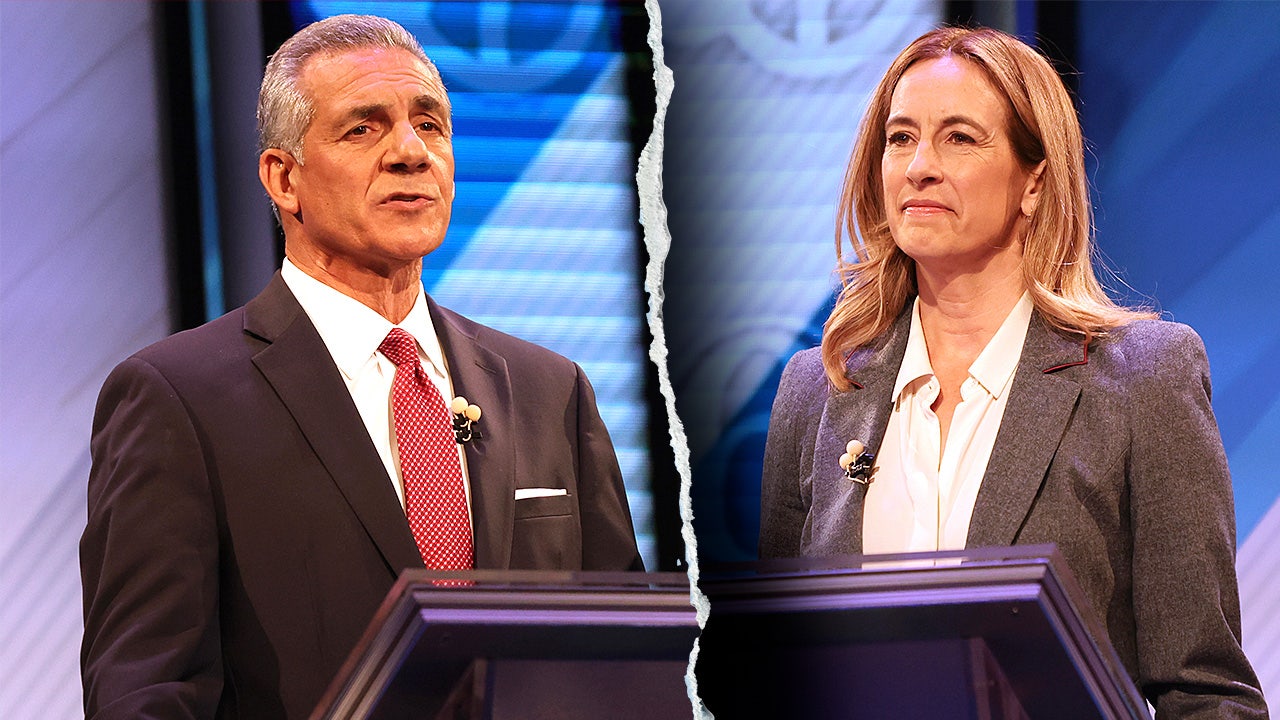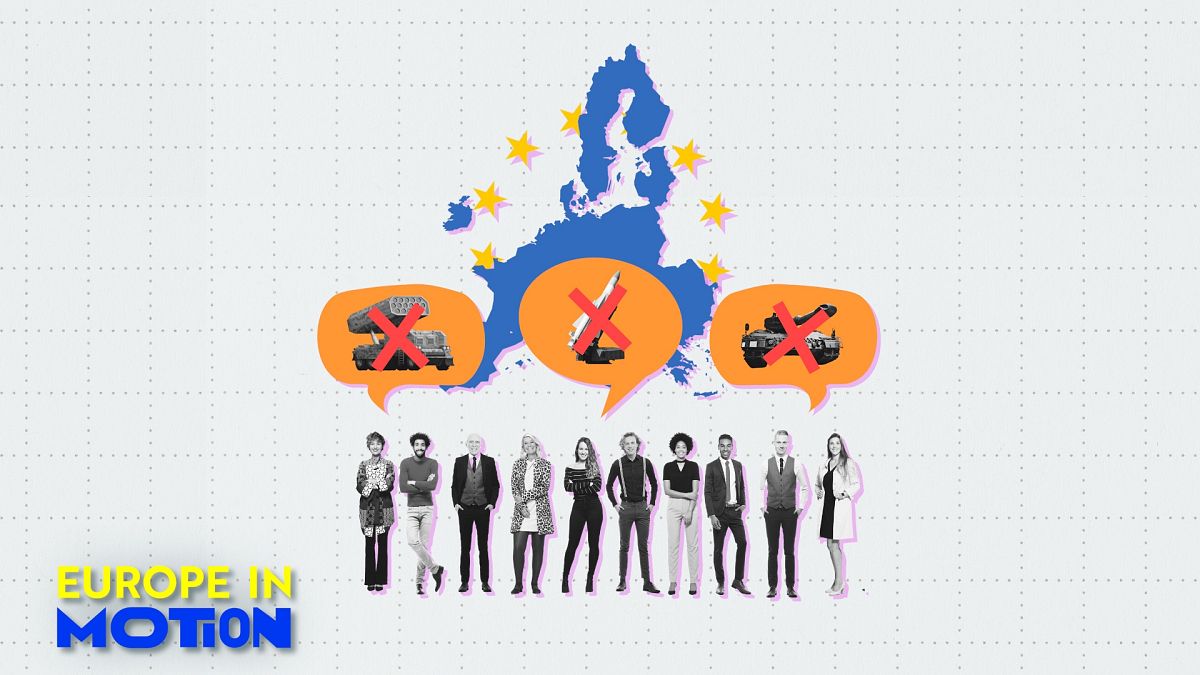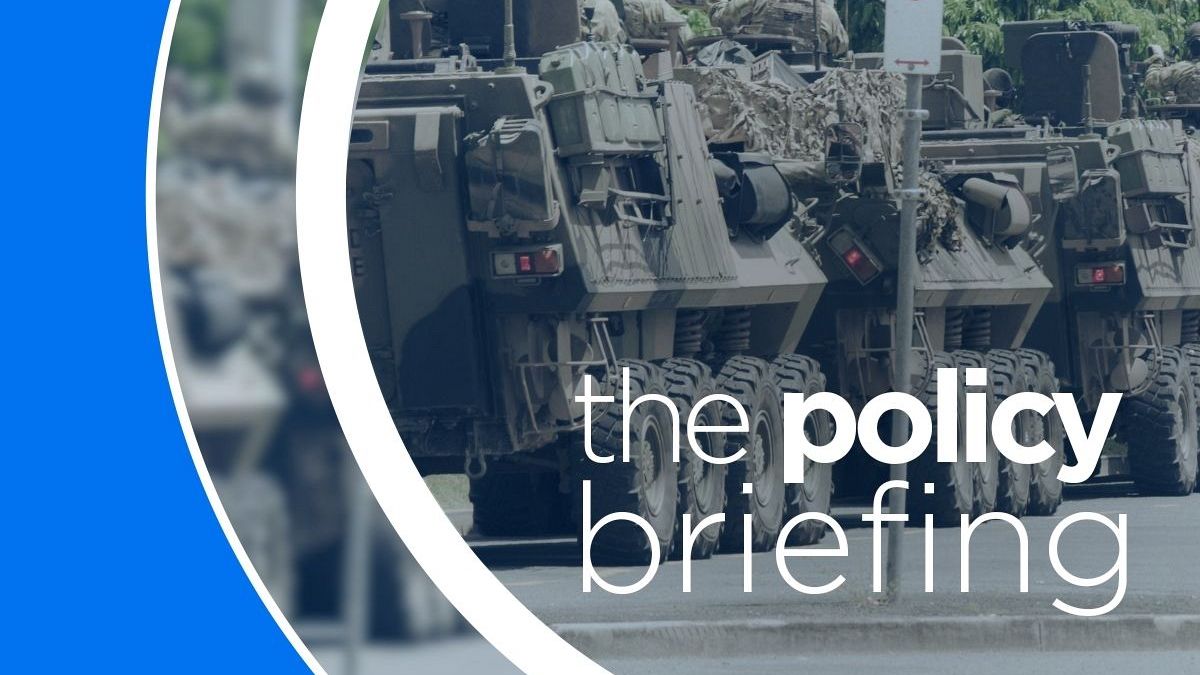ADVERTISEMENT
Calls from the European Union and NATO for increased military spending aren’t exactly resonating among the EU public.
A recent Eurobarometer poll showed EU citizens are not exactly eager to spend money on defence, despite growing warnings from NATO and the EU about the risk of future conflicts.
Fewer than one in four people (23%) want the EU to use its funds for military purposes.
Which countries show the least support for military spending?
A recent joint report by Bruegel and the Kiel Institute claimed that a new Russian aggression is “conceivable”, citing NATO claims that Moscow might be “ready to attack within three to ten years”.
Yet, defence capabilities and infrastructure rank only seventh out of 10 proposed areas of investment in the Eurobarometer poll.
Furthermore, public opinion seems deeply fractured across the bloc.
Unsurprisingly, support for more defence spending is highest among Russia’s close neighbours: 50% in Estonia and 46% in both Finland and Lithuania.
On the other hand, backing is much lower in countries like Italy (12%), Bulgaria (13%), Spain (17%), Ireland (15%), Slovenia and Hungary (14%).
‘Too many leaders playing scare tactics’
Daniel Fiott, head of defence at Brussels’ Centre for Security, Diplomacy and Strategy (CSDS), explains why leaders are failing to get the message across.
“You cannot convince people living in western and southern Europe that Russian troops will be landing in their capital cities anytime soon; yet, we know that in many frontline states in eastern and central Europe, this is precisely the fear for citizens.”
“So, the messaging for individual countries needs to be tailored. As of now, too many leaders are playing scare tactics with the public — this will not work,” Fiott added.
Current global economic turbulence isn’t helping to drive more support, he says.
“I strongly support more defence spending in Europe, but the NATO 5% spending target can be achieved in a context where the US is imposing tariffs on the EU and where the global economy is sputtering, is unclear to me.”
“Although a short-sighted view, many citizens in Europe will not want to spend more on defence because they automatically fear that other public services will suffer.”
More houses, fewer tourists: Europeans’ top priorities
Instead of defence, respondents point to areas like health and education as top priorities (49%), followed by climate action and environment protection (38%).
Denmark is the most climate-concerned country (58%), before Malta (56%) and Italy (46%).
Job creation is the third most pressing issue (31%) across the bloc, particularly in Romania, Greece and Lithuania.
These areas are followed by housing (27%), which appears particularly problematic in central Europe, as Hungary, Poland, and Slovenia show the highest rates (35%) after Cyprus (40%) of people wanting the EU to place funds on it.
On the other hand, amid growing pressure from mass travel, tourism, and cultural heritage received the least support for public investment (12%).
Read the full article here
















